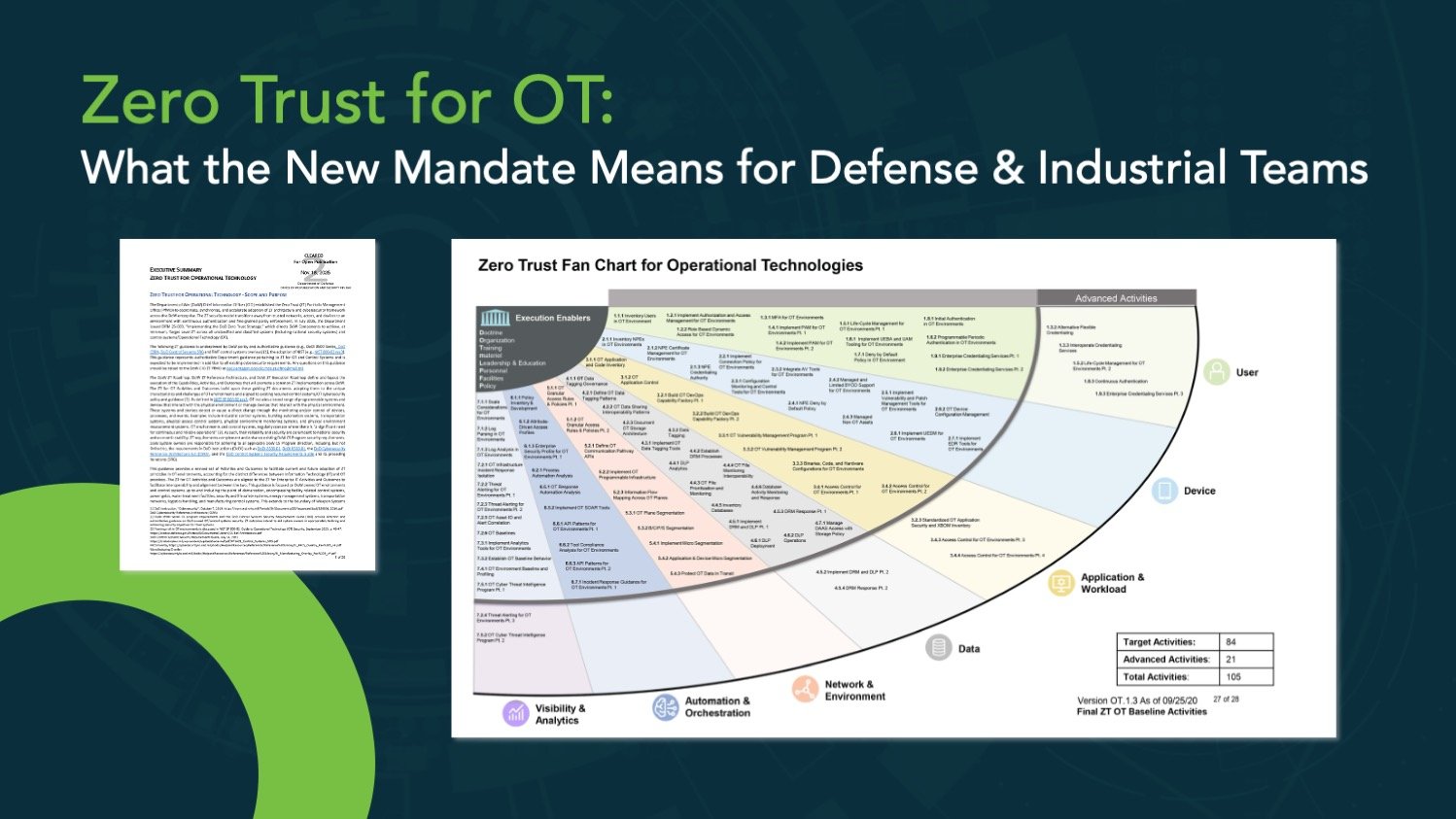In enterprise SaaS, the agile methodology has become ubiquitous. With 86% of software development teams and 63% of IT departments leveraging agile practices such as sprint planning, daily standups, and retrospectives, this iterative approach has proven essential. Agile enables teams to respond quickly to evolving requirements, deliver frequent, incremental updates, and continuously integrate feedback—capabilities critical to technology-driven sectors where customer needs and industry standards change rapidly.
By contrast, only 11% of sales organizations and 17% of marketing teams use the methodology, and I think these teams should give it another look. In particular, early-stage startups should consider giving it a try for its potential to streamline processes and boost responsiveness.
My Evidence is Anecdotal: About 3 months ago, Corsha’s sales and marketing teams kicked off our first sprint, and I don’t see us going back.
At Corsha, we saw the potential to bring agile’s adaptability and efficiency to our sales and marketing teams. In August, we kicked off our first sprint planning meeting. We created a project, outlined stories, and assigned tickets. We estimated completion hours for each ticket, identified capacity, and hit go.
Now, a few months in, I can say with confidence that it was a transformative decision. Each day starts with a Jira board review, where we identify top priorities for the day/week and visually track progress.
This has been invaluable for prioritizing tasks, ensuring accountability, and understanding where we’re allocating our time. As a Series A startup, where team members often juggle multiple roles and tasks, having a system to track everything in Jira helps manage competing priorities and maintain focus.
Personally, I get tremendous satisfaction from moving tickets from “To Do,” through “In Review,” and finally to “Done.” It’s also a fantastic way to identify tasks that aren’t progressing as planned, assess what’s stalling out, and decide where to invest more effort.
Why Agile?
Agile is at the heart of how Corsha maintains its competitive edge. By structuring our work into sprints, we achieve clear, practical goals that keep us focused and flexible. This methodology suits startups like ours, where the ability to respond to market shifts and user feedback can define success. Iterative cycles allow us to refine our strategies regularly and accelerate progress, ensuring that our actions align with our mission of enhancing security for NHI’s.
The Mechanics: Sprints and Jira Boards
Each two-week sprint kicks off with a collaborative planning session, where team members identify key actions and set metrics to gauge progress. With Jira boards, task ownership is transparent, dependencies are easily tracked, and accountability is encouraged across all stages. Daily stand-ups provide a structured space for quick updates, facilitating cross-functional insights between sales and marketing. This cadence not only enhances alignment but also empowers team members to voice challenges or adjustments early, enabling proactive problem-solving.
Agility in Action: Real-Time Adaptability and Results
In the cybersecurity market, and in the nascent, non-human identity space (NHI) in particular, customer needs and industry standards are shifting rapidly. Corsha’s agile approach has enabled us to respond faster and more effectively. For years, Corsha has been a standout in the space, offering true, dynamic machine identity for NHI’s and our patented, MFA-style authentication, but staying ahead means constant evolution.
Recently, Corsha identified a growing demand for an agentless solution to extend authentication to a broader range of non-human identities. I witnessed firsthand how our product and engineering teams transformed a concept of adaptive, agentless IAM into a deployable solution through a series of sprints, ultimately delivering it to clients in highly regulated industries in just a few months. This rapid turnaround was possible only because of our agile planning and execution.
Corsha’s sales and marketing teams have had similar success. Since implementing Agile, we have enjoyed our most successful quarters to date, signing up more customers while reducing our time-to-close by two thirds. At the same time, we have successfully hosted CISO networking events, launched a security design partnership roundtable, vastly expanded our video library, and have been prolific with timely website and social content. This is all enabled by thinking in short sprints and taking things from concept to reality at rapid pace.
Agile has also helped us recognize when an initiative isn’t yielding the desired results. For instance, we dedicated a sprint to marketing a specific vertical and personas, only to discover through the collective effort that the identified persona wasn’t ideal. This collective realization allowed us to pivot quickly and apply lessons learned across the entire team.
Key Takeaways
Corsha’s adoption of agile methodology has led to transformative improvements in our sales and marketing operations. Below are the key outcomes from this strategic shift:
Accelerated Deal Closure: The move to agile has directly contributed to a notable increase in the number of deals closed. The agile framework allowed us to refine our approach and deliver faster, leading to an impressive reduction in time-to-close by two-thirds.
Enhanced Collaboration and Alignment: Agile practices, such as sprint planning and daily stand-ups, have strengthened cross-functional communication, ensuring that sales and marketing teams stay aligned on priorities and project timelines.
Improved Accountability and Transparency: With Jira boards facilitating visible progress tracking and clear task ownership, individual accountability has improved across the teams. This has ensured that all tasks move steadily through the workflow, maintaining momentum.
Real-Time Problem Assessment: The iterative nature of agile has empowered Corsha to assess initiatives quickly and adapt when necessary. This has led to faster identification of underperforming strategies, enabling swift pivots and informed decision-making for future projects.
Increased Efficiency: Sprints have helped prioritize tasks and allocate resources effectively, resulting in optimal use of team capacity and time.
Customer Engagement Success: Agile has been a driving factor behind several major achievements, including hosting CISO networking events, launching a security design partnership roundtable, and significantly expanding Corsha’s video and web content.
Enhanced Adaptability: The agile approach has made Corsha more nimble in responding to customer feedback and evolving market needs, aligning our efforts with the goal of securing non-human identities in API ecosystems.
Wrap-up:
Adopting agile methodology has been a fun and exciting change for Corsha’s sales and marketing teams. The shift has led to significant benefits like faster deal closures, a reduction in time-to-close by two-thirds, and the ability to quickly identify and pivot from less effective strategies. Startups and sales organizations should consider integrating agile practices to improve responsiveness, optimize team efficiency, and drive continuous improvement. With the agile framework now ingrained in our operations, Corsha is poised for future innovation, with new products and developments already on the horizon, reinforcing our commitment to leading in non-human identity security.
About Andrew Dubbs
Andrew Dubbs leads Corsha’s commercial business development efforts with several years of experience in cybersecurity, helping companies across sectors secure their IT and OT infrastructure. With a proven track record of driving growth, he has consistently excelled as a top performer in his roles. Andrew earned degrees in Communication and Business Administration from American University. Originally from the San Francisco Bay Area, he juggles his commitment to customers and startup success with a love for golf, film, and photography.
About Corsha
Corsha is an Identity Provider for Machines that allows OT enterprises to securely connect, move data, and automate with confidence from anywhere to anywhere. Corsha uses Zero Trust principles to build secure identity and access to diverse OT equipment from inside or outside your industrial network and brings innovation like automated, single-use MFA credentials to machine-to-machine communications. Strong identity, access, and encryption for machines helps you track all of your connections, create a unified zero trust baseline, and securely move data across your industrial network in real-time.


